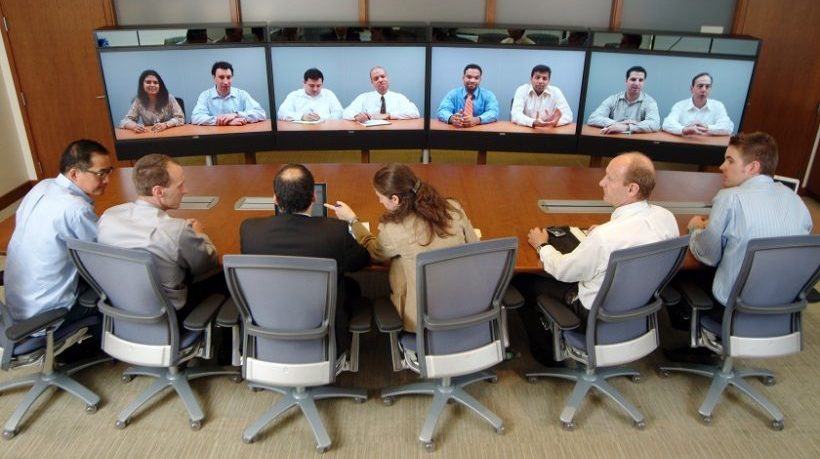Saving The Millennial Workforce With eLearning
Millennials are the new majority: Both in the overall population, and in America’s labor force. Despite having the numbers on their side, they are still struggling for influence and power at work. Much is made of how Millennials are changing the workplace with their set of unique expectations and demands: Workday flexibility, creative perks and benefits, greater autonomy, more rapid advancement potential. While these all matter from an HR and management perspective, none of these considerations is the greatest challenge the millennial workforce, and their employers, are set to face.
Millennials Need More Learning Opportunities
Maximizing their potential over the coming years is a challenge for both employers and the workers themselves. It isn’t just a question of generational values or characteristics, either. Millennials, by virtue of luck and timing, just happen to be entering their prime working years during an era of unprecedented turmoil.
Technology, politics, the very nature of work and employment – everything is up for disruption. Some things are changing in response to social pressure – others are changing due to the sheer weight of innovation and globalization. From every angle, a robust change-management strategy is integral to corporate survival.
But change-management starts with workforce training. The millennial workforce, even when coming out of college, is often unprepared for the working world. Recruiters and recent graduates alike recognize the skill gap, both hard and soft. The trouble is, even those already in the workforce face a similar challenge: Staying relevant, and keeping skills up to date.
eLearning is what is needed to ensure that workforces, companies, and industries stay nimble and relevant in a fast-changing world. Relying on academies to provide an up-to-date curriculum and resources leaves new hires and veterans alike vulnerable to skill and knowledge decay.
Automation: The Difference Between Replacement And Transformation
Millennials get a lot of credit for being tech-savvy and more comfortable than earlier generations when it comes to working with computers. The reality is, Millennials as a whole will face the reality of automation and the threat of machines taking over lower-skilled jobs on a level no other generation has before.
But automation and the introduction of more, and better, Artificial Intelligence (AI) systems does not have to mean eliminating the human element of work overnight. The difference is in the learning curve: New tools, as always, means new roles for workers. The skills and responsibilities may change, but the need for human talent will not disappear. While that may be intimidating for seasoned professionals, employers should make a concerted effort to deploy eLearning systems that enable both new and experienced workers to adjust their skills and mindsets to the new paradigm.
The alternative to perpetual retraining and role-augmentation is replacing the entire workforce wholesale at regular intervals. This is why hiring for attitude, and trainability, rather than immediate skill fit, is important today. Tomorrow, having a flexible, curious workforce will pay dividends.
Mobile Deployment
Amazon continues to make headlines for its speculation and experimentation with drone delivery. Facebook and Google are racing to bring mobile internet to the entire world by means of balloons and drones. Everywhere you look, it is clear that mobile is the future.
Education is no different, and the importance of accessibility in eLearning is only going to grow as workforce disruption drives greater demand. Turnaround from learning to doing is going to have to shrink, and will soon become the metric by which all programs and lessons are judged.
The great thing about online learning is you don’t have to divorce practice from education. You can certainly go full time and pour yourself into school, but online provides a new model: Skills development tangent to skills need. The problems you encounter at work can spur you to engage in “class” to find solutions, develop new capacities.
This is the future of online learning: The tool that will keep the millennial workforce going is a learning system that reaches them where they live and work, and allows them to grow as the challenges and opportunities they face evolve. More mobility means clever, cleaner platforms that will work on more devices.
Employers and employees need to stay nimble to stay relevant in the new economy. Fortunately, we already can see the toolkit that will enable both to do so: eLearning. Investing in the platforms and systems now –both in terms of human capital and technology– will prove invaluable as disruption and change continue to be driving forces.









